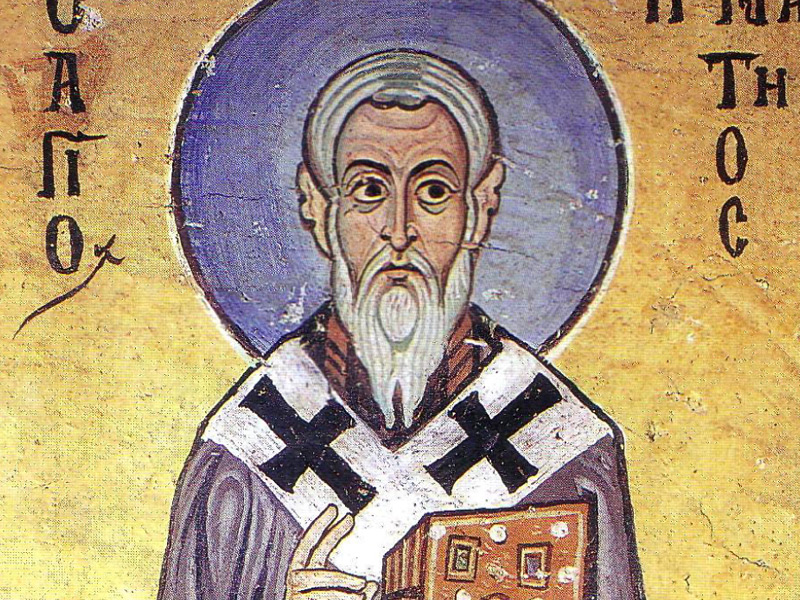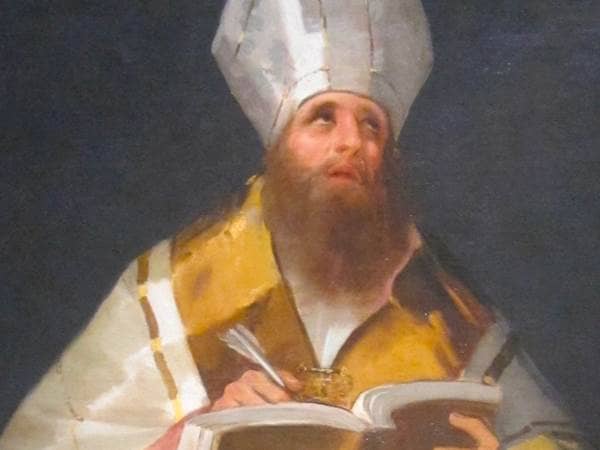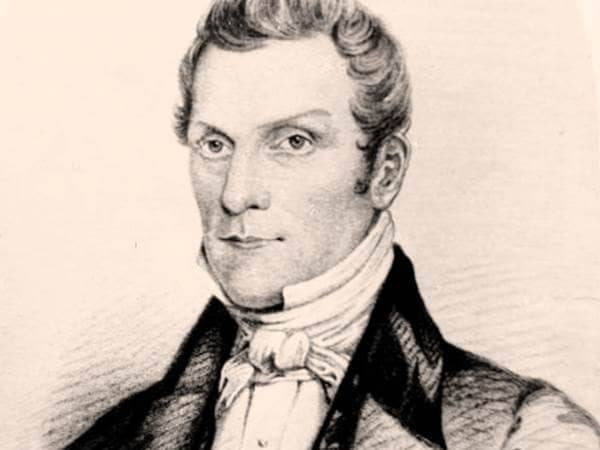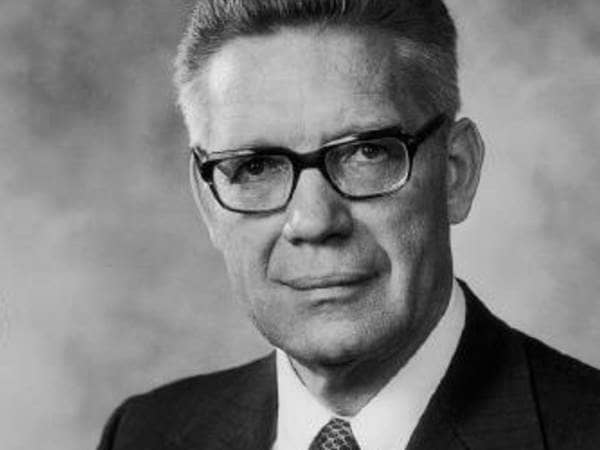
- Profession: Bishop/Writer
- Lived: 108 AD - 140 AD
- Nationality: Italian
- Known for: Bishop/Martyr
- Fun Fact: Ignatius converted to Christianity at a young age.
- Fun Fact: Ignatius was escorted to Rome for execution.
Ignatius of Antioch, also known as Ignatius Theophorus, was an early Christian writer and Patriarch of Antioch. While going to Rome, where he met his martyrdom, Ignatius wrote letters. This correspondence now forms a central part of a later collection of works authored by the Apostolic Fathers. He's considered one of the three most important, together with Clement of Rome and Polycarp. His letters also serve as an example of early Christian theology. The essential topics they address include ecclesiology, the sacraments, and the role of bishops.
Ignatius is the earliest known Christian writer to emphasize loyalty to a single bishop in each city, or diocese, assisted by priests and deacons. Earlier writings only mention either bishops or priests. He is also responsible for the first known use of the Greek word katholikos, or Catholic, meaning "universal," "complete," and "whole" to describe the Church.
According to a medieval Christian text titled Martyrium Ignatii, Ignatius' remains were carried back to Antioch by his companions after his martyrdom. The sixth-century writings of Evagrius Scholasticus state that the reputed remains of Ignatius were moved by the Emperor Theodosius II to the Tychaeum, or Temple of Tyche, which had been converted into a church dedicated to Ignatius. In 637, the relics were transferred to the Basilica di San Clemente in Rome.
Early Life
Apart from what may be inferred internally from his letters, nothing is known of Ignatius's life, except later, sometimes false, traditions. It is said Ignatius converted to Christianity at a young age. Tradition identifies Ignatius and his friend Polycarp as disciples of John the Apostle. Later in his life, Ignatius was chosen to serve as Bishop of Antioch. He called himself, Theophorus, meaning God-Bearer. A tradition arose that he was one of the children whom Jesus Christ took in his arms and blessed.Martyrdom
Instead of being executed in his hometown of Antioch, Ignatius was escorted to Rome by ten Roman soldiers. Scholars consider Ignatius' transport to Rome unusual since those persecuted as Christians would be expected to be punished locally. During the journey, the soldiers allowed Ignatius to meet with entire congregations of Christians while in chains, and numerous Christian visitors and messengers were allowed to meet with him one-on-one. These messengers allowed Ignatius to send six letters to nearby churches and one to Polycarp, the bishop of Smyrna.Worship
Ignatius' feast day was kept in his own Antioch on October 17th, the day he's now celebrated in the Catholic Church and generally in western Christianity. However, from the 12th century until 1969, it was put at February 1st in the General Roman Calendar. In the Eastern Orthodox Church, it's observed on December 20th. Ignatius is remembered in the Church of England with a Lesser Festival on October 17th.Ignatius is the earliest known Christian writer to emphasize loyalty to a single bishop in each city, or diocese, assisted by priests and deacons. Earlier writings only mention either bishops or priests. He is also responsible for the first known use of the Greek word katholikos, or Catholic, meaning "universal," "complete," and "whole" to describe the Church.
Death and Aftermath
Ignatius himself wrote that he would be thrown to the beasts. In the fourth century, Eusebius reports a tradition that this came to pass, which is then repeated by Jerome, who is the first to mention "lions explicitly. John Chrysostom, an Archbishop in Constantinople, is the first to allude to the Colosseum as the place of Ignatius' martyrdom. Contemporary scholars are uncertain whether these authors had sources other than Ignatius's writings.According to a medieval Christian text titled Martyrium Ignatii, Ignatius' remains were carried back to Antioch by his companions after his martyrdom. The sixth-century writings of Evagrius Scholasticus state that the reputed remains of Ignatius were moved by the Emperor Theodosius II to the Tychaeum, or Temple of Tyche, which had been converted into a church dedicated to Ignatius. In 637, the relics were transferred to the Basilica di San Clemente in Rome.
Back to Search Results






